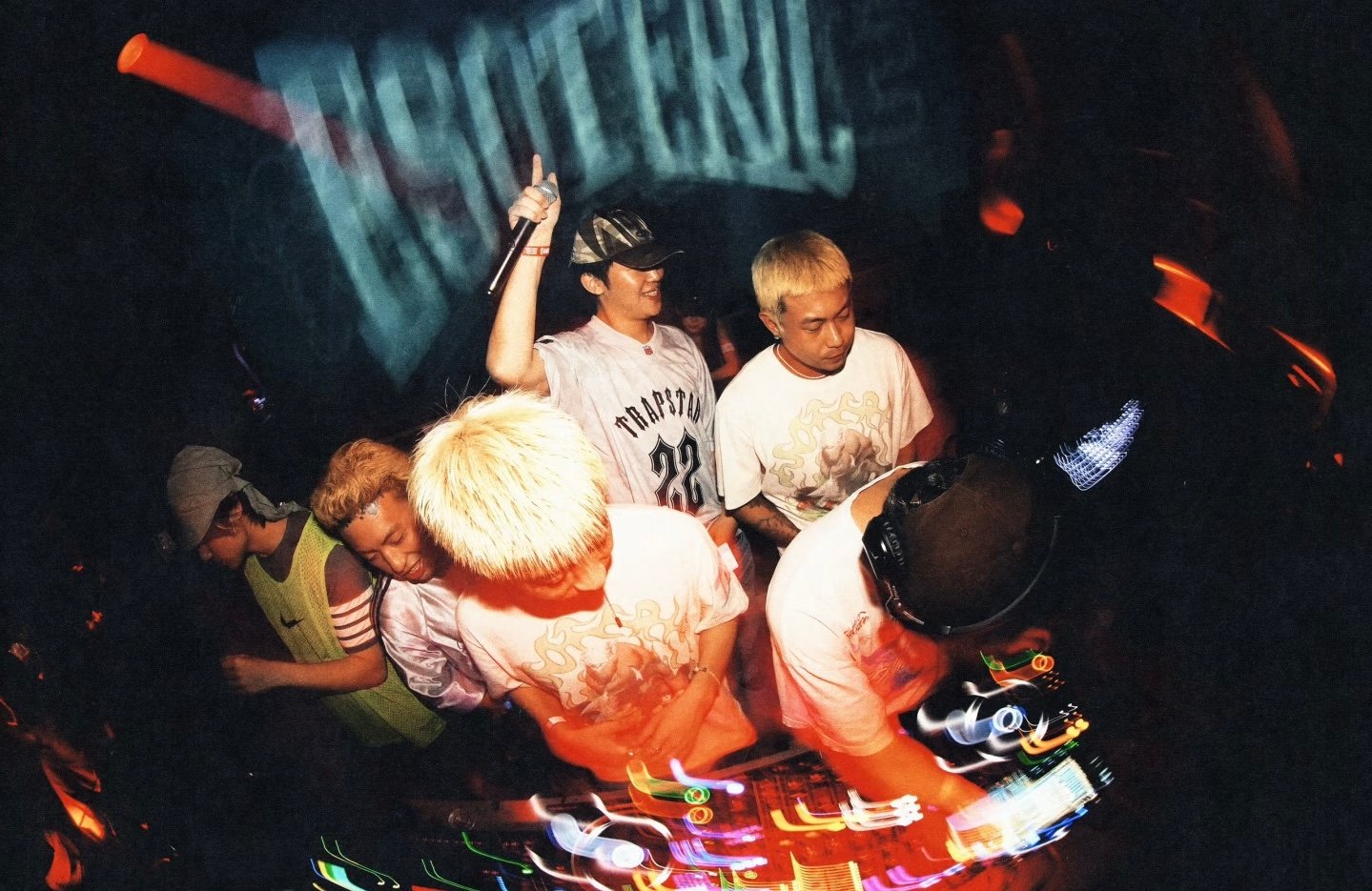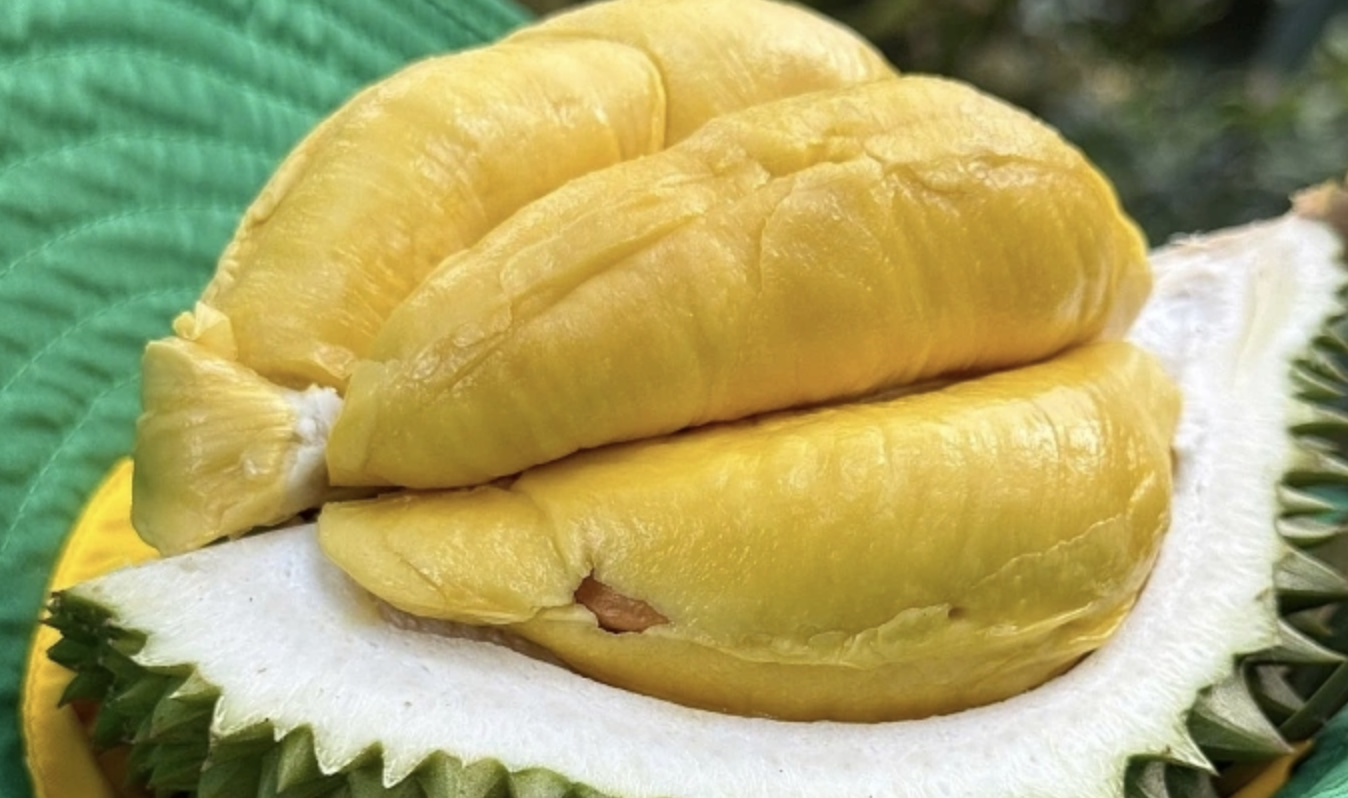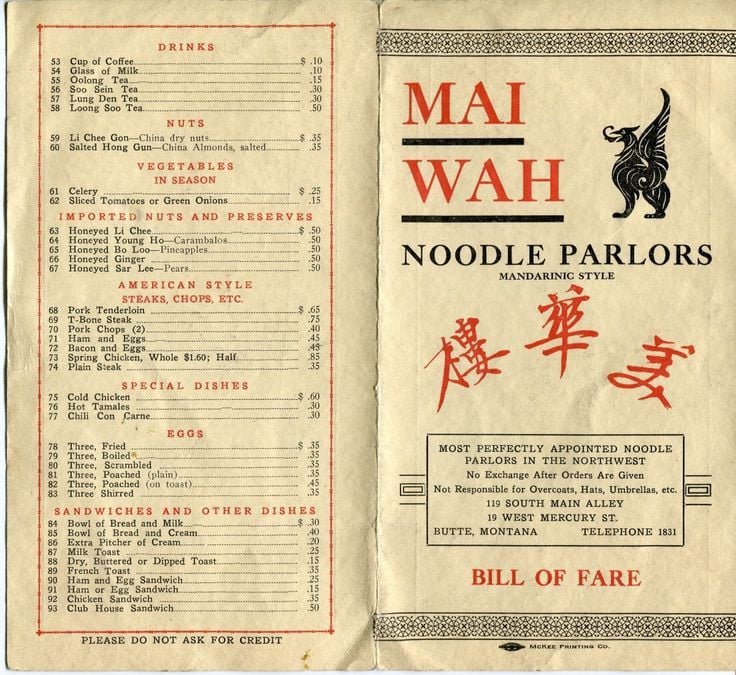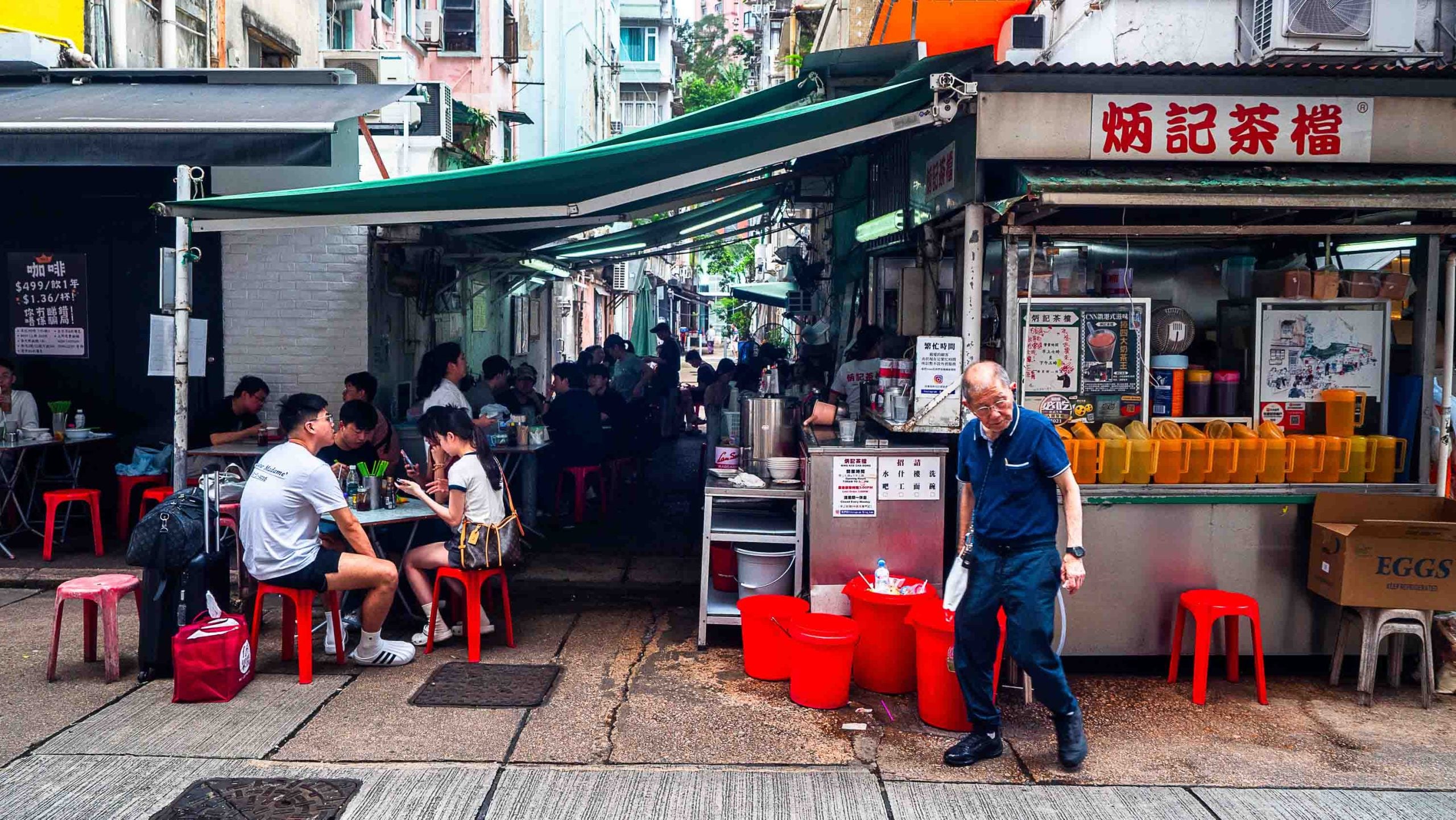Chinese Takeout is a bite-sized, monthly RADII feature that examines Chinese food from the inside out, by disentangling the (hi)stories behind a single dish or restaurant. Write to us if you have a suggestion or submission.
Once Covid-19 became more widely known as “Wuhan coronavirus,” the epidemic thrust the 12-million-strong city (small by Chinese standards) at its center into the spotlight.
That became an unfortunate association for Wuhan Noodle 1950, a mom-and-pop noodle shop in Canada’s Greater Toronto Area.
Owner Lin Wen tells RADII that the prank calls to her restaurant began about two weeks ago. She recalls: “People were asking, ‘Do you have bat soup?’ Other people were saying, ‘If I go there, I’m going to get the virus from you guys. You guys should just shut down.” It wasn’t until someone finally directed them to Instagram — which had a video with someone walking into their restaurant captioned, “Wuhan virus has spread to Markham” — that she realized where the calls were really coming from.
Lin and her husband, manager Fang Zhengyu, inherited the restaurant from a partner from Hubei province — where Wuhan is located — who since sold the business and returned to China. The noodle shop, which has occupied a tiny storefront in Markham, Ontario for two years, would regularly enjoy a full house at lunchtime, full of people hungry for their dry beef noodles (牛肉干面 niúròu gānmiàn), one of the restaurant’s most popular dishes. But after the novel coronavirus hit, the restaurant was suddenly almost empty. “Everybody knows Wuhan right now from the news,” Lin says. “People are obviously using it to try and make a joke, which other people have taken seriously.”
In a climate of fear surrounding Chinese food and health, due to early speculation about the origins of the virus, Chinese food businesses around the world have been subjected to fearful questions, racist comments, and fewer visitors. A waiter at Tasty Dining in Los Angeles, which specializes in dry hotpot from Wuhan, similarly told Laist that their orders since the coronavirus broke out had dropped in half, adding that Chinese diners are the only ones able to read the Chinese sign that features the characters for “Wuhan” and therefore avoid the restaurant.
The close name association with Wuhan, however, made Wuhan Noodle 1950 an easy target for racist pranks and comments, which in turn goaded diners to avoid eating at the restaurant for fear of getting sick. “We’ve lost two-thirds of our customers,” Fang told The Star in late January, less than a week after the virus had hit international headlines.
Though it has only made international news as the center of the coronavirus, Wuhan is famous in China for many things: political dissent, punk music, sweltering heat and humidity, and some very delicious food.
Related:
 “We Sing This Song For You, Wuhan!”: A Short History of Wuhan PunkMore than just the epicenter of the recent virus outbreak, Wuhan is a complex and beautiful city with a long history of revolution and dissent — and punk rockArticle Feb 11, 2020
“We Sing This Song For You, Wuhan!”: A Short History of Wuhan PunkMore than just the epicenter of the recent virus outbreak, Wuhan is a complex and beautiful city with a long history of revolution and dissent — and punk rockArticle Feb 11, 2020
Food-wise, the city of Wuhan is famous for its dry hotpot and especially its “hot and dry noodles,” or rè gānmiàn (热干面), which are this particular restaurant’s specialty. In Wuhan, thick noodles are boiled, doused with sesame sauce and oil, scallions, soy sauce, pickled radish, and chili oil, and served in a piping hot bowl that locals will self-mix and wolf down as an early breakfast before a busy day. “You can expect noodles to be pretty dry when you eat them in Wuhan,” says Lin. “We have diners from all over, so we tend to add a bit more sauce.”
Once Wuhan Noodle’s story hit local news, people in the area quickly rallied to support them. Now, Lin says, the calls are much different. “People are calling in just to say, ‘we support you!’” she says, adding that a surge of diners are coming from around the Greater Toronto Area — including their town’s mayor — and packing their 20-seat dining room for every meal. “Most people have been nice and lovely.”
Related:
 Coronavirus Stirs Rumors and Racism Towards Chinese Eating Habits and HealthOn social media, ignorant rhetoric about food and health is spreading faster than the virus itselfArticle Feb 03, 2020
Coronavirus Stirs Rumors and Racism Towards Chinese Eating Habits and HealthOn social media, ignorant rhetoric about food and health is spreading faster than the virus itselfArticle Feb 03, 2020
While the husband and wife are happy that customers are back in their shop, Lin hopes that the business will last for different reasons. “More than anything, I hope they like the noodles,” she says, “and [that] that’s why they come back.”
Header image: Mayura Jain


















